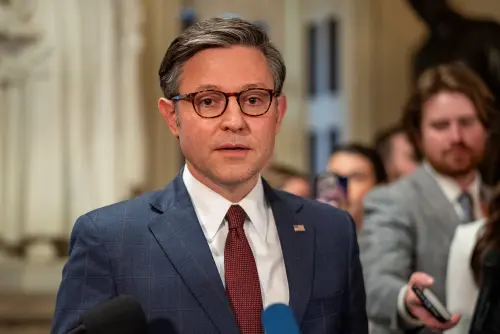

Paul C. Light, vice president and director of the Governmental Studies program at the Brookings Institution and senior adviser to the new National Commission on the Public Service, testified before the House Government Reform Subcommittee on Civil Service, Census and Agency Organization today, cautioning panel members to proceed carefully, rather than quickly, on President Bush?s proposed homeland security reorganization.
Light endorsed more incremental reorganization, urging Congress to review the President?s proposal to create a new cabinet Department of Homeland Security closely and deliberately.
“There are many who favor moving forward as quickly as possible on this important legislation, and some who believe that it must be passed before September 11 in honor of the victims of the terrible attacks that make the case for action,” said Light. “However, such legislation can hardly be considered an honor if it is not done well.”
An expert on government organization and reform, Light characterized the vast majority of government reorganization efforts as “works in progress.”
“We create new agencies, then rearrange, downsize, coordinate and terminate them. We will almost certainly begin thinking about how to reorganize the new Department of Homeland Security on the day we create it.”
Light characterized the president?s plan as impressive in size and scope, but ultimately too broad and drastic. “Although there have been larger government reorganizations measured by dollars, the president?s proposal dwarfs all others in total number of employees (170,000 plus) and number of agencies (22).”
Additionally, Light expressed concern about the ability to effectively manage such a large organization. He was particularly critical of the proposal granting the secretary of the proposed new department the authority to create a personnel system that is “flexible and contemporary.”
“Although the two words are never defined, the implication is obvious: the new department would be free to design a new system from scratch,” Light said. “The new secretary needs a workforce that hits the ground running, not one that spends its first days asking how the words ?flexible? and ?contemporary? might affect each worker?s future.”
Light endorsed limited reorganization authority for the president, calling it a “vital tool for governing the executive branch.” However, he cautioned that this authority should be carefully defined, so that it is not abused to the detriment of congressional prerogatives.
“Congress has an obligation to do more than just say ?no?, however,” Light cautioned. “To the contrary, it should bulldoze the bureaucratic prison that holds both appointees and employees captive by speeding presidential appointee reform and undertaking long overdue civil service reform. This is clearly the subcommittee where such reforms should begin, and I urge members to do so.”
For interview requests with Paul Light, contact Gina Russo at 202/797-6405.

Alexander Noyes
May 1, 2024

Sarah A. Binder
April 30, 2024

Mariana Budjeryn
April 29, 2024